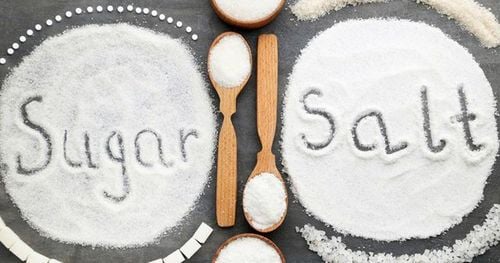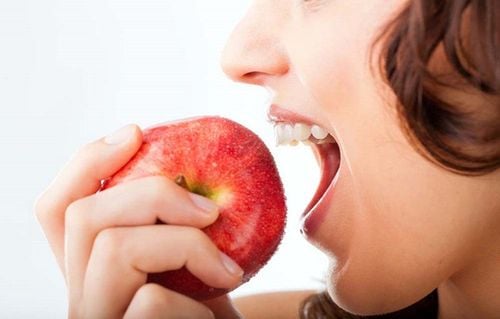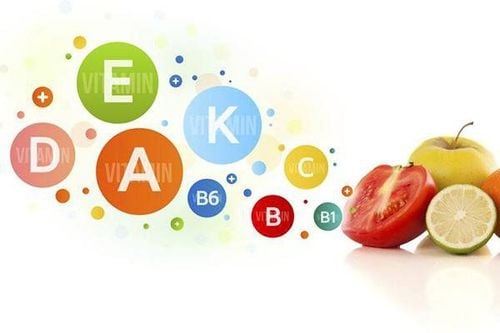Watermelon is a large, sweet fruit native to southern Africa. Although it is a favorite fruit, many people often wonder if eating watermelon makes them fat. The truth is that watermelon is high in water, nutrients, and very low in calories, making it an instant thirst-quenching fruit. Furthermore, it is a good source of citrulline and lycopene, two powerful plant compounds. This juicy melon may have a number of health benefits, including lowering blood pressure, improving insulin sensitivity, and reducing muscle soreness. In addition to being eaten fresh, it can also be frozen, juiced, or added to smoothies.
1. How Many Calories Are in Watermelon?
With just 46 calories in 1 cup of diced watermelon, this fruit serves as a healthy alternative to a sugar-free dessert. Known for its refreshing dark green and light green rind and juicy pink-red interior, watermelon is over 92 percent water and low in calories.
According to the United States Department of Agriculture, a single watermelon contains only about 1,360 calories.
Estimated Calories in a Whole Watermelon
You won't even meet your daily calorie intake by eating a whole watermelon. According to the United States Department of Agriculture (USDA) Food Data Central, a whole watermelon measuring 15 inches long by 7.5 inches in diameter contains 1,360 calories.
Most of the fruit's calories come from carbohydrates, which are primarily made up of natural sugars like sucrose, fructose, and glucose. These sugars give watermelon its sweet, candy-like taste. Watermelon's low carbohydrate content means your blood sugar won't spike.
Estimated Calories in a Slice of Watermelon
The calories in a slice of watermelon won't exceed your daily calorie limit. You'll find just 86 calories in a slice of watermelon (about 1/16 of a whole 15-inch by 7.5-inch watermelon), according to the USDA.
To help you keep track of your diet, the USDA also provides the calories in other servings of watermelon:
- 46 calories in 1 cup of medium watermelon.
- 30 calories per 100 grams of watermelon.
- 71 calories in 1 cup of watermelon juice.
Including watermelon in your diet has many health benefits. According to the U.S. Food and Drug Administration (FDA), eating 86 calories in a slice of watermelon can provide the following vitamins and minerals:
- 25 percent of your daily vitamin C to fight germs, protect you from premature aging, and soothe dull skin.
- 30% vitamin A for optimal eye health and boosting your immune system.
- 4% iron to help fight fatigue and treat anemia.
- 2% calcium to build and support strong bones.
- 8% potassium to regulate blood pressure and keep hydration levels balanced.
- 4% fiber to help you feel fuller longer.

2. Does eating watermelon make you fat?
Watermelon and its juice are low in calories and rich in nutrients that have been linked to a number of health benefits. Therefore, eating watermelon does not cause excessive weight gain and may provide the beneficial effects listed below.
- Lowers blood pressure
High blood pressure is a major risk factor for chronic diseases and premature death. Watermelon is a rich source of citrulline. Citrulline is then converted to arginine in your body. Both of these amino acids aid in the production of nitric oxide. Nitric oxide is a gas molecule that causes the small muscles around your blood vessels to relax. This results in a reduction in blood pressure.
Supplementing with fresh watermelon or watermelon juice may reduce blood pressure and arterial stiffness in people with high blood pressure.
- Reduce insulin resistance
Insulin is an important hormone in your body that is involved in controlling blood sugar levels. Insulin resistance is a condition in which cells no longer respond to the effects of insulin. This can lead to high blood sugar levels and is associated with metabolic syndrome and type 2 diabetes. The arginine content of watermelon juice has been linked to a reduction in insulin resistance in some studies.
- Reduce muscle soreness after exercise
Muscle soreness is a common occurrence after strenuous exercise. Fortunately, a study has published results that watermelon juice is effective in reducing muscle soreness after exercise.
In short, watermelon is not just a fruit used to quench thirst but also has many beneficial effects on human health such as reducing blood pressure and insulin resistance in some people. You can also add watermelon to your diet if you are planning to lose weight because this fruit is quite low in calories.
To arrange an appointment, please call HOTLINE or make your reservation directly HERE. You may also download the MyVinmec app to schedule appointments faster and manage your reservations more conveniently.













